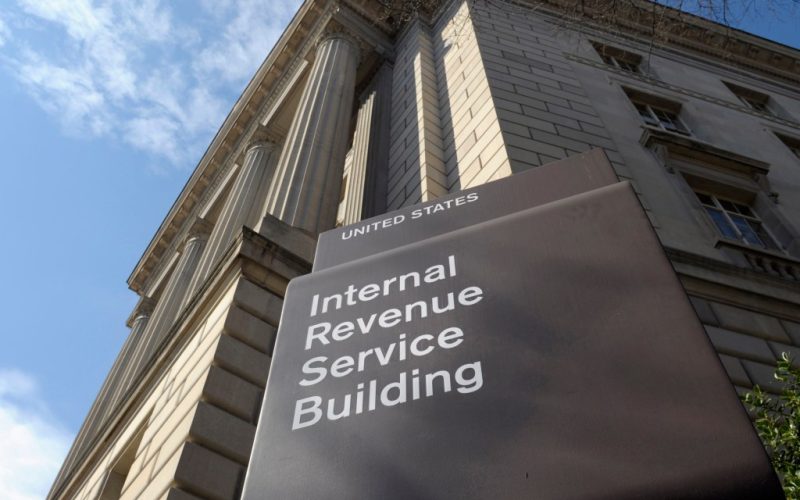As socially-engaged New York City faith leaders who for decades have preached “with the Bible in one hand and the newspaper in the other,” we have been brought back to the basics.
The recent IRS filing allowing clergy to back political candidates from the pulpit without losing their organization’s tax-exempt status, has invited us to revisit the fundamentals — both the founding texts of our democracy and our sacred scriptures — on the relationship of faith and society.
This filing overturns a section of the 1954 Johnson Amendment in response to a lawsuit taken by the National Religious Broadcast Association. The filing has drawn praise and ire from both conservative and liberal faith groups alike.
Pastor Dr. Robert Jeffress of the First Baptist Church Dallas, for example, praised the decision to allow churches and other houses of worship to endorse political candidates. Likewise, Doug Pagitt, pastor and executive director of Vote Common Good, an progressive evangelical organization, wrote in a recent e-blast: “This is not the time for progressive faith leaders to sit on the sidelines. The legal barriers are gone. The research shows faith voters are accessible.”
The ruling, this line of thinking goes, allows more progressive and liberal faith communities to catch up with what conservative pastors have been doing for a long time. If you can’t beat ’em, join ’em, as they say.
In the short term, the Trump administration cannot count on this ruling only garnering more supporters among conservative faith-based communities. The decision is ripe for unintended consequences.
Take New York City’s own upcoming mayoral election.
This IRS filing is just as likely to give an advantage to the first Muslim Democratic mayoral nominee Zohan Mamdani, who could receive endorsements from mosques and mainline Jewish and Christian congregations, as it would for the incumbent, Eric Adams, whose Brooklyn-based more conservative faith-leader base has already heard him declaring his opposition to separation of church and state.
The short-term question of which party or candidate will benefit most immediately from this IRS ruling is overshadowed by the long-term impact. The likelihood of increased entanglement of religion and government in a way that infringes on the Establishment Clause of the First Amendment is a real one.
The Founders based their support of disestablishment on the wars of religion that they saw happening in Europe — many of which were fought over land and resources hijacking the name of faith.
“Rulers” wrote Madison, “who wished to subvert the public liberty, may have found an established Clergy convenient auxiliaries. . . . This is to be contrasted with the idea that “[A just] Government will be best supported by protecting every Citizen in the enjoyment of his Religion. . . by neither invading the equal rights of any Sect, nor suffering any Sect to invade those of another.”
There is a risk of damaging the credibility of faith leaders themselves more than any political candidate they might endorse. It may also diminish the vibrancy of faith communities of all kinds across the United States.
In the U.S., the independence of different faith traditions from the state’s favoritism has for 250 years helped a diversity of faith traditions flourish and overall, do so in remarkable harmony with one another. Again, this is to be contrasted with 17th and 18th century Europe where “Torrents of blood have been spilt by vain attempts . . . to extinguish Religious discord.”
A long time before popular and plural democracy was invented, our own Scripture and tradition had something to say on the subject of right relations between religious leaders and government officials.
In Christianity, for example Jesus says famously to the religious authorities in Jerusalem trying to get him on record as fomenting dissent against the Roman Emperor, “Give to Caesar the things that are Caeser’s and to God the things that are God.” In Judaism, the prophets like Isaiah, Nathan, Jeremiah and Amos held the kings of Israel morally accountable before God and the people of Israel, providing the original system of “checks and balances.”
If the tax code won’t take lessons from the time-tested genius of our country’s Founders when it comes to the relationship of religious leaders and government officials, we will have to rely on the ancient wisdom of our sacred traditions to do so instead.
Breyer, an Episcopal priest, is the executive director at the Interfaith Center of New York. Kleinbaum, a rabbi, is director of The Beacon, and the senior rabbi emerita of Congregation Beit Simchat Torah.








